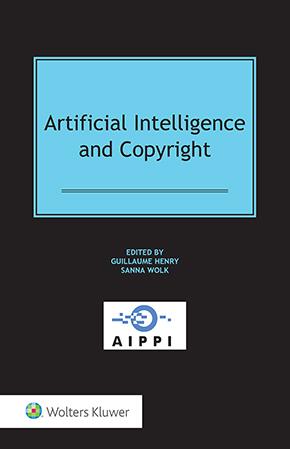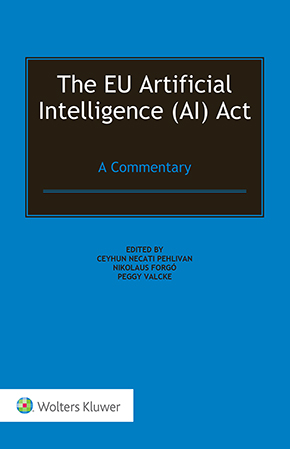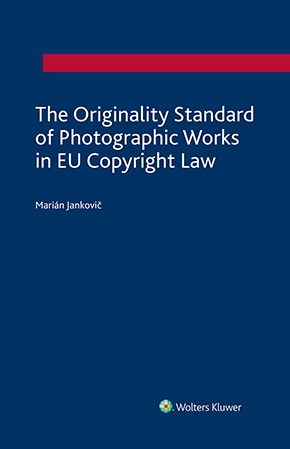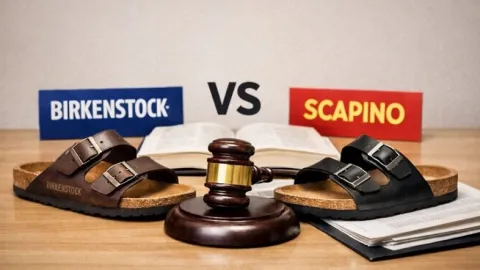ACTA in Poland - A Story of Passion
February 8, 2012

I find it difficult to cogently answer these questions. As to the question why in Poland and why so vehemently I could only speculate. But it is important to stress that in Poland the quarrel was and is not about ACTA as such. It is mostly about intellectual property in general, about the scope of copyright exceptions and limitations and about the frustrating uncertainty of copyright law, which has not been able to precisely define what is a copyright work and what constitutes fair use. When people hear they can be tracked down, brought to court, maybe even accused of criminal behaviour for something they have been doing for years, it is natural they feel threatened. When they hear a simple photo is a copyright work and they can be made liable for using it on Facebook, they do not develop warm feelings for copyright law. What happened with ACTA was that people were reminded of this threat, although it already exists. Government experts repeat that the Polish law will not require any amendments after ACTA and they may be right (no comprehensive analysis is available). The allegedly dangerous art. 27 (4) ACTA does not make Poland go further than it already has. ACTA as such is probably questionable, mostly because it petrifies the existing state of affairs, not because it introduces any dramatic changes. Interestingly however, in Poland ACTA has acted as a sort of catalyst. It attracted the public’s attention to copyright law and made them ask questions whether what we have has been properly adapted to the digital age. At the same time the equally important issue of privacy in the Internet has also come into the limelight.
Where will it lead? There are two sides to this question. On a purely legal and practical level Poland will not be able to do much. Even if ACTA is not ratified in Poland, it may become binding in the EU. The more interesting question is however, whether this discussion will have some impact on IP law in general. The protesters may be roughly divided into two categories: those who think everything should be available to everyone for free and those who accept that content should be protected but would want to feel safe surfing the net and would certainly want to have broader and better copyright exceptions (by the way, in Poland simple downloading is legal, at least according to the prevailing view!). The first group resembles the “outraged” who do not really know what and how to fix and what they propose is at best utopian. The rest have honest and reasonable concerns and hopefully, someone will perhaps realise that it is no longer sufficient to preach about the importance of IP rights and the need to protect them even more.
What is striking for me is that even such a heated debate (or maybe precisely because it was such?) could not provide any concrete solutions or proposals. Both sides have restated their arguments, the gap between them does not seem to be any narrower and it is still likely that as regards ACTA nothing will change. There is nevertheless, in my opinion, one significant outcome. It is political rather than legal, but not less important for that. The ACTA controversy has made IP law a subject of the public debate (very public, indeed), and it will be difficult for the Polish government to tacitly agree to further IP laws, especially if they strived to strengthen the scope of protection. It is likely that the general public has suddenly discovered IP law matters on a very personal level.
You may also like












